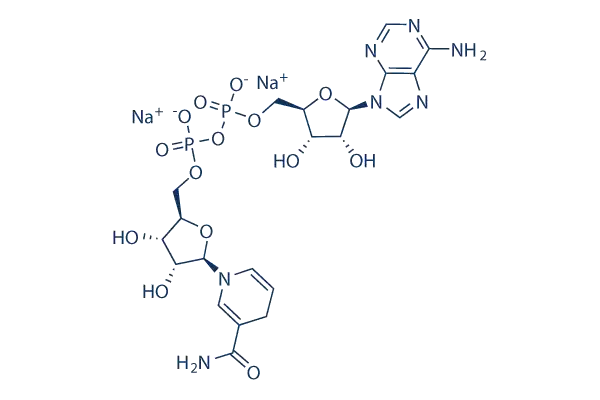NADH (Nicotinamide adenine dinucleotide – NADH) is a coenzyme and a form of vitamin B3 (niacin). It plays a crucial role in the energy production process within our cells, particularly in the cellular respiration process known as the electron transport chain.
Functions of NADH:
- Energy Production: NADH is a vital component in cellular respiration, where it participates in the electron transport chain to generate adenosine triphosphate (ATP), the primary energy currency of our cells.
- Antioxidant Activity: NADH also acts as an antioxidant by neutralizing free radicals, which are harmful molecules that can damage cells and contribute to aging and various diseases.
- Mental Clarity and Cognitive Function: Some studies suggest that NADH may have a positive impact on cognitive function and memory, although further research is needed in this area.
- Mitochondrial Support: NADH has been studied for its potential role in supporting mitochondrial function, which is crucial for cellular energy production and overall cellular health.
Supplementation and Sources:
NADH can be found in small amounts in various foods, such as meat, fish, nuts, and seeds. However, it is also available as a dietary supplement in the form of capsules or tablets.
Caution and Considerations:
While NADH supplementation is generally considered safe when taken in appropriate doses, it’s essential to consult with a healthcare professional before starting any new supplement. Certain medications or health conditions may interact with NADH, so it’s crucial to discuss your specific situation with a qualified healthcare provider.
As with any supplement or treatment, the effectiveness of NADH can vary from person to person, and individual responses may differ. Therefore, it’s essential to approach supplementation with careful consideration and seek guidance from a healthcare professional to determine if NADH is suitable for your specific health needs.
